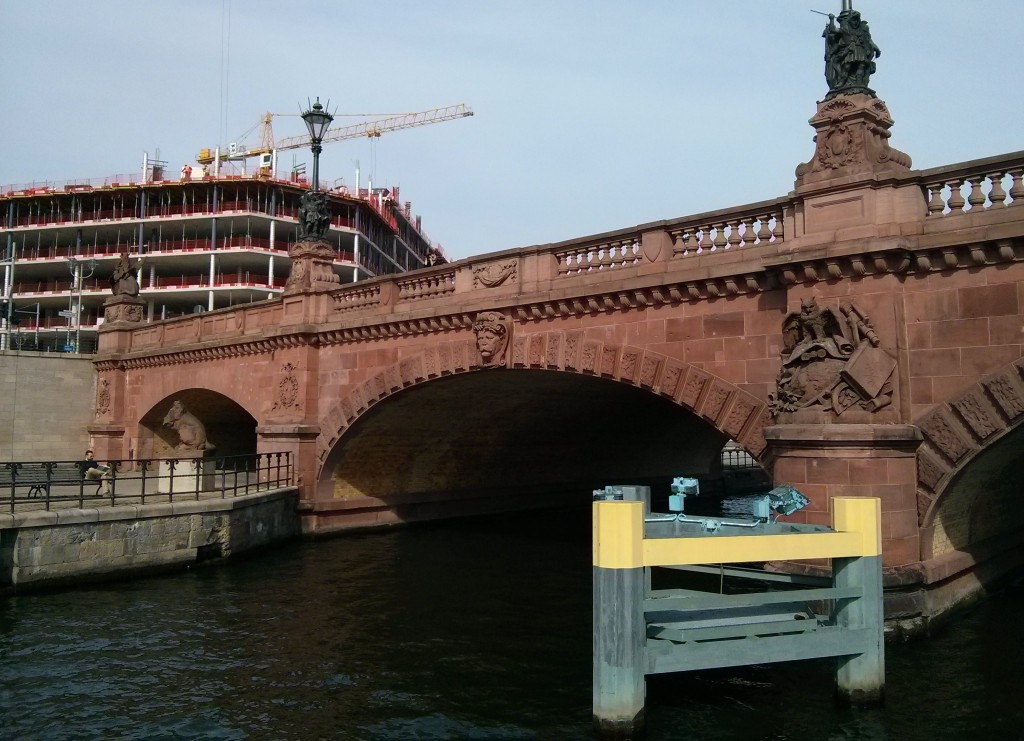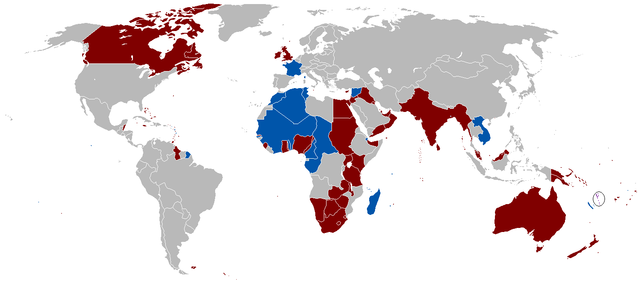I've just finished watching the BBC three part series '37 Days'. It is about the 5 weeks leading up to the First World War, and is portrayed from the British, German, Russian, Austrian and French sides. The drama is primarily set in the Cabinet Room of the British government, and mainly following the Foreign Secretary Sir Edward Grey.
The drama highlights the muddle of different treaties that various European countries had with each other, and I was left with a slight impression that these treaties did more harm than good in some circumstances, at least in guaranteeing a war not just in the Balkans but across the globe. It also made clear the importance of Belgium, both in the 1910s and in the century preceding it. As a character states in the last part of the series: "Waterloo was supposed to be the last battle fought on Belgian soil." After the bloody Napoleonic wars the major powers in Europe had pledged to protect the country on the border of both Germany and France. Any attack on Belgium automatically brings everyone into the fray. Whereas parts of the Anglo-French 'Entente cordiale' were enforceable only through honour, the British guaranteed Belgium's neutrality under law.

The Moltke bridge in Berlin, near the Hauptbahnhof (photo taken during a recent trip). This is named after Helmuth von Moltke, The Elder, who led the Prussian armies during the Franco-Prussian War (1870–71) and was considered a hero of the Unification Wars. His nephew, Helmuth Johann Ludwig von Moltke, was the Chief of Staff of the German Army at the outbreak of World War 1, and was considered to have played a major driving force behind the belligerance shown by the German leaders.
The programmes also show that the war in 1914 was not inevitable; that it could have been stopped had the warmongering Kaiser been curtailed. As it turned out, nationalist army generals such as the Chief of Staff von Moltke influenced and weak politicians failed to influence the Kaiser, and every effort was made to avoid a peaceful settlement of the crisis in the Balkans started by the assassination of Franz-Ferdinand. A recent set of interviews with historians on the BBC almost unanimously agreed that the Kaiser and his staff were to blame for the conflict that ensued. The drama makes this crystal clear.

The extent of the British and French empires at their peak in 1920, just after the end of the First World War. The Entente cordiale brought together two of the biggest world powers at the time.
It makes you realise that the course of events that caused the two World Wars were sewn in the century or more prior to the outbreak of the first one. The Kaiser envied the empires of the French and the British, empires built over two hundred years of brutal colonialism. The belligerent European powers in the 20th Century had a profound impact on the entire world.
I thoroughly recommend a viewing to anyone interested in history. This is a brilliant set of programmes.